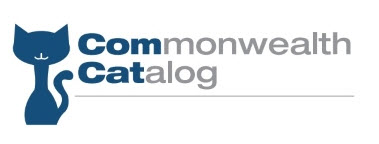The library has activated a trial to the streaming video service “Academic Video Online” through Proquest/Clarivate. This trial will be active until May 31, 2023.
Academic Video Online is a comprehensive, multidisciplinary video subscription that supports the entire range of curriculum, from anthropology to zoology. It includes a variety of video material available with curricular relevance: documentaries, interviews, feature films, performances, news programs and newsreels, and demonstrations.
Access the trial through ProQuest Trials.
If you have any questions, contact our Electronic Resources Librarian.


